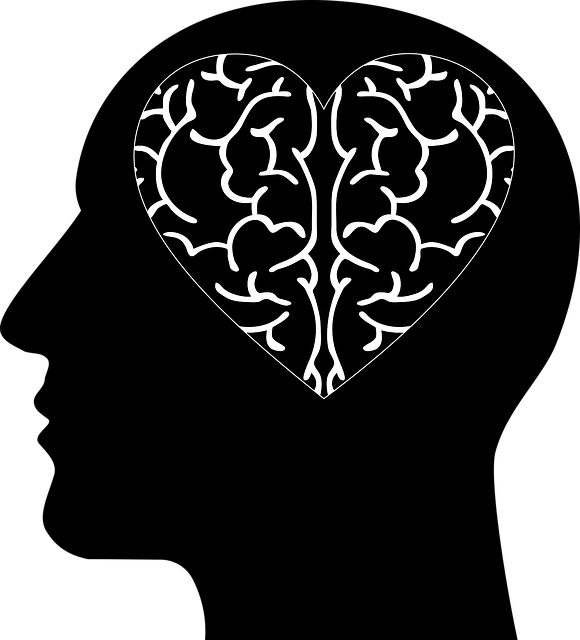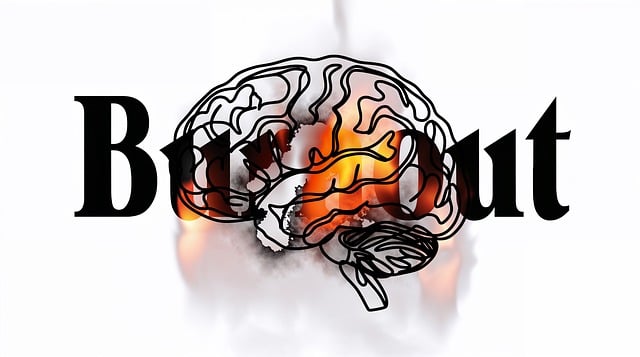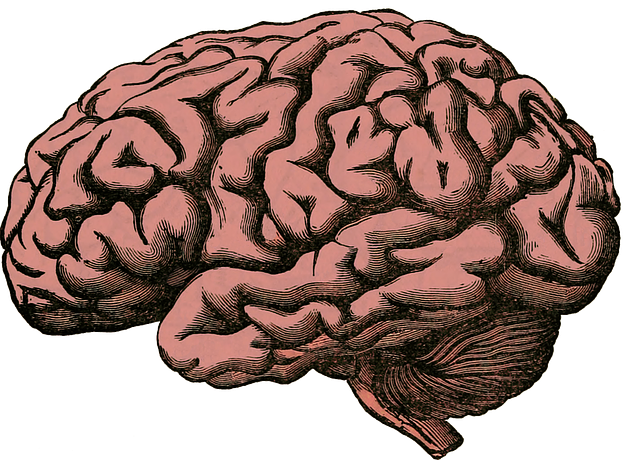Mental wellness groups offer a comprehensive approach to supporting elders with common mental health challenges, including eating disorders. Facilitated by professionals, these groups provide safe spaces for open dialogue, teaching coping strategies like mindfulness meditation and podcast production. Crisis intervention ensures holistic support. Recognizing eating disorders in the elderly is vital; facilitators look for signs such as sudden weight loss and isolation. Effective facilitation techniques create supportive environments, encouraging active participation and emotional regulation. Understanding historical societal pressures on body image and food is crucial, and evidence-based therapies like CBT and mindfulness practices have proven successful. Incorporating burnout prevention and social skills training enhances well-being for both participants and facilitators, challenging harmful norms around food and body image in a supportive community setting.
“Uncovering innovative approaches to mental wellness support for elders, this article delves into the power of group facilitation techniques. With a focus on understanding the unique needs of elderly individuals, we explore effective strategies to address eating disorders—a growing concern within this demographic.
We begin by dissecting Mental Wellness Groups tailored for elders, followed by an in-depth look at identifying eating disorders late in life. Subsequently, we present Effective Group Facilitation Techniques, emphasizing engagement and support. Finally, Therapeutic Approaches for Eating Disorders in an Elderly Group Setting offer a comprehensive guide to treating this complex issue.”
- Understanding Mental Wellness Groups for Elders
- Identifying Eating Disorders in the Elderly Population
- Effective Group Facilitation Techniques
- Therapeutic Approaches for Eating Disorders in an Elderly Group Setting
Understanding Mental Wellness Groups for Elders

Mental wellness groups offer a unique and beneficial setting for elders to connect, share experiences, and gain support. These groups are designed to address various mental health concerns prevalent among older adults, such as loneliness, depression, anxiety, and even specific eating disorders that may develop later in life. Facilitated by trained professionals, these sessions provide a safe space where participants can engage in open discussions while learning valuable coping strategies.
For elders struggling with issues like therapy for eating disorders, group facilitation offers a non-judgmental environment. Techniques like mindfulness meditation and mental wellness podcast series production can be incorporated to enhance self-awareness and promote emotional well-being. Additionally, crisis intervention guidance is readily available, ensuring participants receive the necessary support during challenging times. This holistic approach fosters a sense of community and empowers elders to navigate their mental health journeys with increased resilience and understanding.
Identifying Eating Disorders in the Elderly Population

Identifying eating disorders among the elderly is a critical aspect of mental wellness group facilitation. While these conditions are often associated with younger individuals, they can also manifest in later life. Elderly individuals may struggle with conditions such as anorexia nervosa or bulimia, which require prompt and specialized therapy for elders eating disorders. Group facilitators play a pivotal role in recognizing subtle signs like sudden weight loss, isolation, and changes in appetite or behavior. Facilitators should be attuned to emotional regulation challenges, as anxiety relief techniques can be particularly beneficial.
Mindfulness meditation, for instance, has been shown to aid in both anxiety relief and emotional regulation, making it a valuable tool within group settings. By fostering open discussions and creating a non-judgmental space, facilitators encourage individuals to share their experiences and seek support. This inclusive approach not only enhances mindfulness but also empowers the elderly population to address and overcome eating disorders, ultimately contributing to improved mental wellness.
Effective Group Facilitation Techniques

Effective group facilitation techniques are pivotal for fostering a safe and supportive environment, especially when addressing sensitive topics like therapy for elders with eating disorders. Skilled facilitators employ communication strategies that encourage active participation and emotional regulation among group members. By creating a non-judgmental space, facilitators enable participants to share their experiences and insights openly. This dynamic promotes mental wellness by normalizing diverse perspectives and offering valuable peer support.
In these groups, facilitators skillfully navigate discussions, ensuring every voice is heard while maintaining the group’s focus. They facilitate emotional regulation through techniques like mindfulness exercises or guided visualizations, aiding elders in managing distressing emotions. By integrating these strategies, group facilitation becomes a powerful tool for enhancing mental wellness and fostering a sense of community among participants, ultimately supporting their journey towards recovery.
Therapeutic Approaches for Eating Disorders in an Elderly Group Setting

Facilitating therapeutic approaches for eating disorders in an elderly group setting requires a nuanced understanding of both the unique challenges and strengths of this demographic. Many older adults may have faced societal pressures around body image and food since their youth, which can contribute to eating disorders later in life. Techniques such as cognitive-behavioral therapy (CBT), dialectical behavior therapy (DBT), and mindfulness practices have shown effectiveness in treating eating disorders across ages. In a group setting, these therapies can be adapted to foster a sense of community and support, where participants learn from each other’s experiences and share coping strategies.
To enhance the therapeutic experience, healthcare providers should incorporate burnout prevention strategies, as caring for the elderly with eating disorders can be emotionally taxing. Social skills training and stress management workshops can equip both participants and facilitators with valuable tools to navigate sensitive discussions and maintain a healthy group dynamic. By combining evidence-based therapies with supportive organization structures, facilitators can create an environment that promotes healing, empowers individuals, and challenges harmful societal norms related to food and body image.
Mental wellness group facilitation plays a pivotal role in supporting elders, especially those dealing with eating disorders. By combining understanding of elderly mental health with effective group dynamics, facilitators can create a nurturing environment that enhances therapeutic outcomes. Techniques like active listening, structured discussions, and peer support are crucial tools for addressing complex issues such as eating disorders in an elderly population. Through tailored approaches, including specific strategies for managing these disorders in groups, facilitators enable individuals to receive the necessary care and foster a sense of community. Ultimately, this collective effort paves the way for improved mental wellness and enhanced quality of life among our aging population, focusing specifically on therapy for elders eating disorders.








